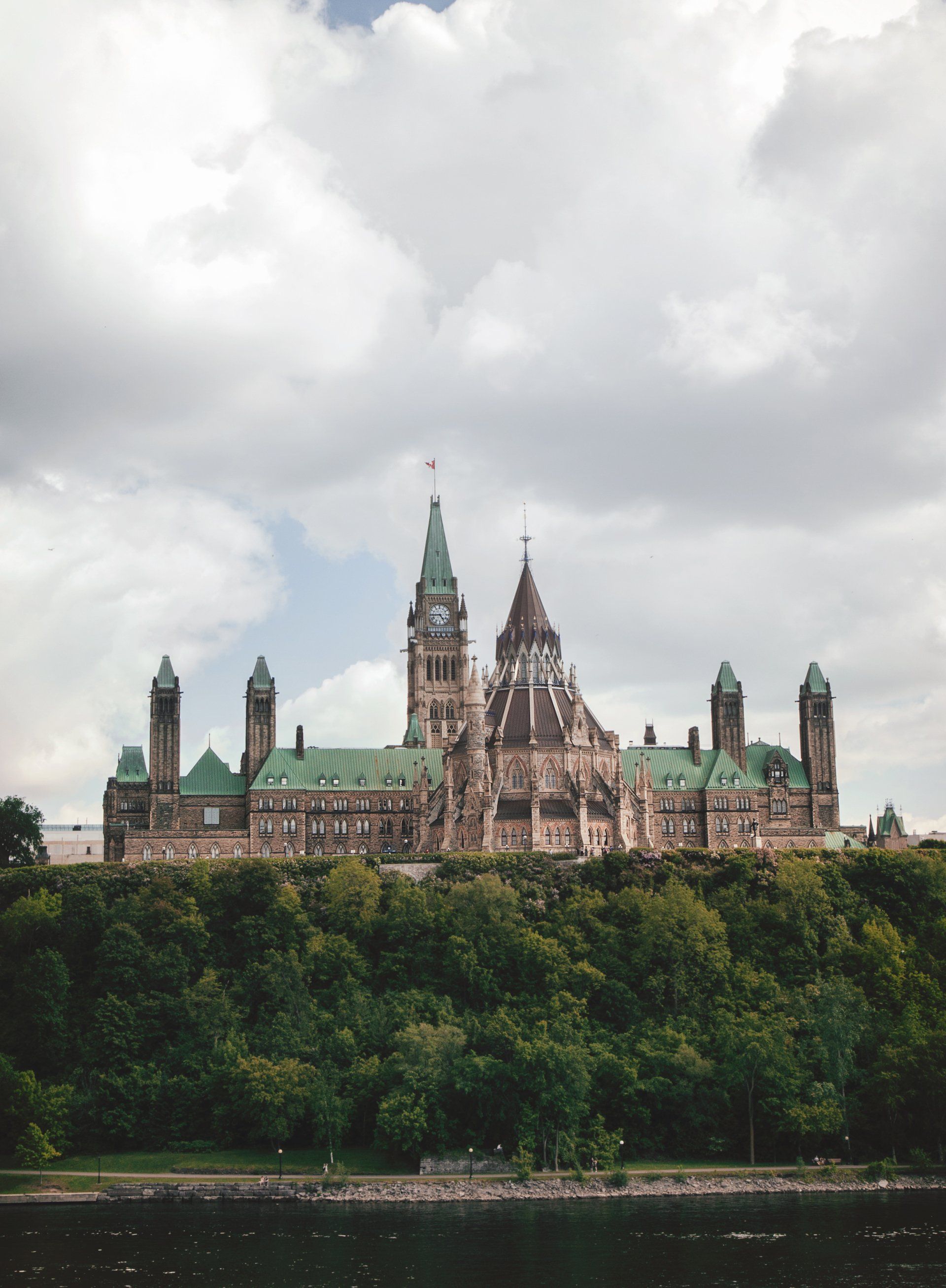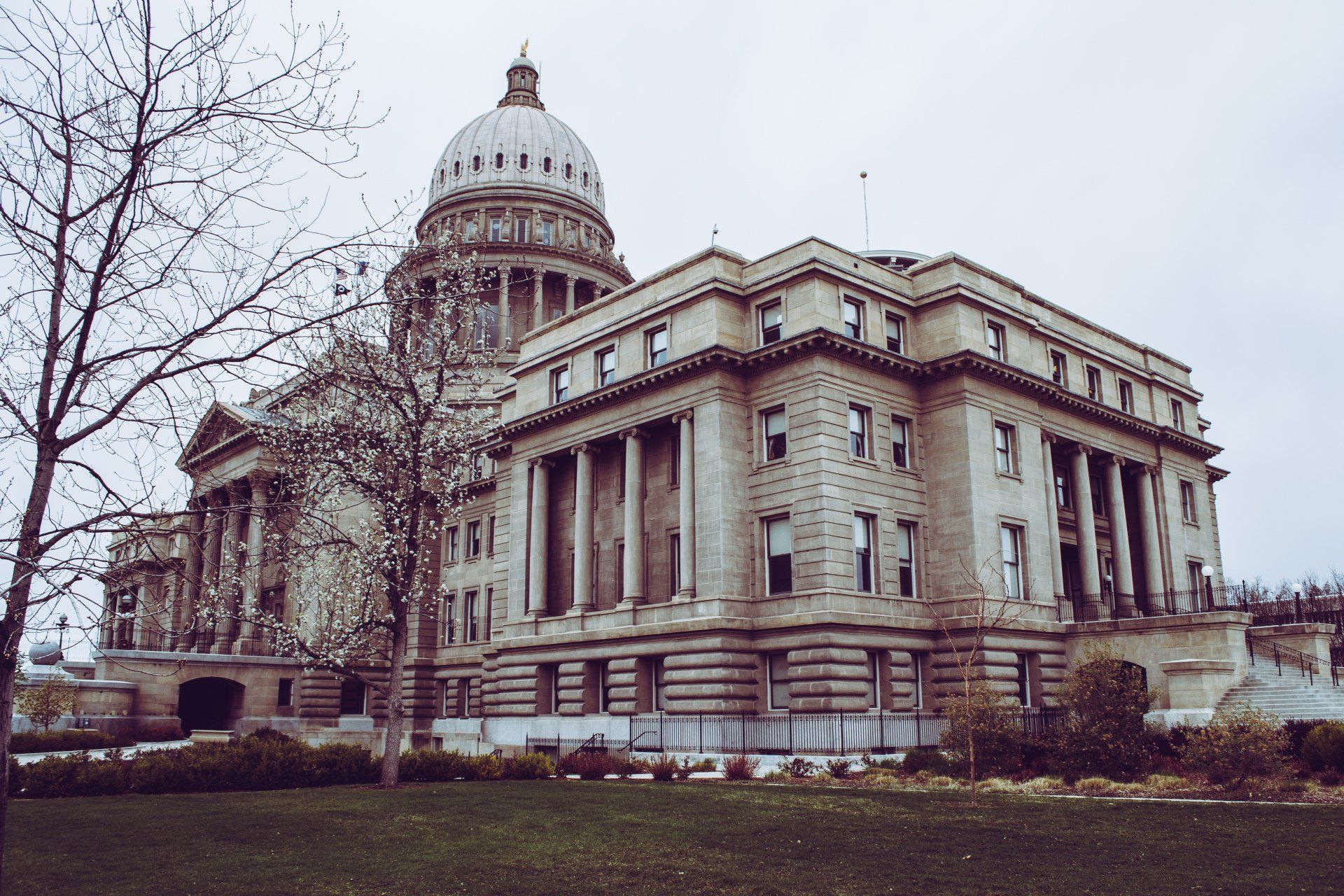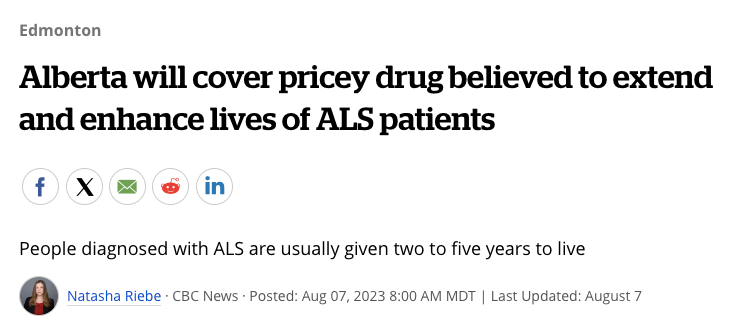ALS Drug Coverage
Context
According to a CBC article Alberta has decided to cover the ALS drug Albrioza, following several other provinces that have added the drug to their health coverage plans. The drug costs a whopping $18,500 a month per patient and is now available to the approximately 500 people living with ALS in Alberta. Although this may sound like good news for ALS patients with few options, Albrioza is another high-cost drug that may not have a lot of evidence for its effectiveness.
Analysis
Health Canada reviews all medicines before they enter the Canadian market for safety and cost-effectiveness and makes a recommendation to provincial providers about whether they should cover the drug under their respective plans. Provinces like Alberta then review the evidence provided to them and make a final decision about coverage.
Health Canada was the first country in the world to approve the drug last year, but that approval came with stipulations. Albrioza is currently listed under conditional approval in Canada, which means that the drug was approved despite a lack of sufficient evidence to conclude it has a significant positive effect on the disease. The approval is conditional on the success or failure of post-market evidence collection. Drugs are typically approved with these conditions when the drug treats a rare disease, for which it is hard to collect evidence due to the small patient size.
Earlier in 2022, the FDA, United States regulatory body responsible for food and drugs, voted to not approve the drug for sale after a trial was run with insufficient conclusive evidence. In September of 2022, upon further review and pressure from patient groups, the US approved it for sale under the name Relyvrio. This approval was based on evidence from one single clinical trial which showed a positive result, although the panel acknowledged this is not sufficient evidence to show it works. Like Canada, the uncertainty of the drug is deemed acceptable given the potential benefit to patients’ lives of the serious disease.
Albrioza, like most medicines for ALS, is high cost, which has garnered controversy given the lack of evidence for their effectiveness. There has been an increased practice of fast-tracking drugs for rare diseases in both the US and Canada, often accepting them when they lack sufficient evidence. This is problematic due to the increased pressure on public plans that end up funding them.
The article above interviewed a patient with ALS, who says they would not be alive if they didn’t have access to Albrioza. Despite the impossibility of assessing this claim without sufficient evidence, many ALS patients live in the hope that an effective treatment will soon be developed, which strikes at the heart of the matter. Is the fact that a drug
could be effective and lengthen the time of someone’s life worth the increasing pressure on our healthcare systems? And does approving profitable drugs without evidence they even work incentivize drug companies to submit products with an increasing uncertainty of effectiveness?



